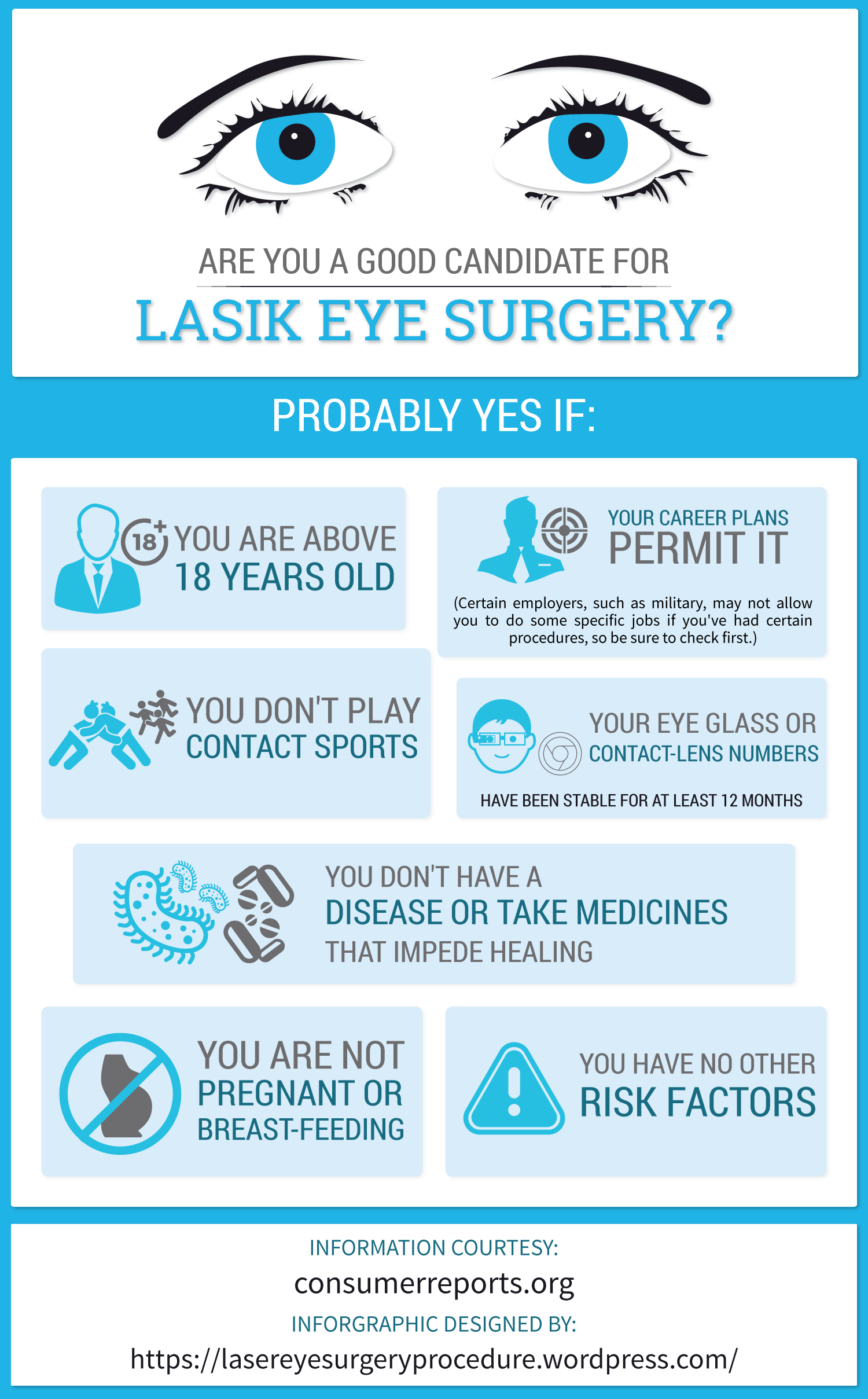Refractive Lens Exchange: An In-Depth Overview To Boosted Vision
Refractive Lens Exchange: An In-Depth Overview To Boosted Vision
Blog Article
Material By-Gibbs Hemmingsen
If you more than 40 and having problem with vision concerns like hyperopia or nearsightedness, Refractive Lens Exchange (RLE) might be worth taking into consideration. This procedure replaces your all-natural lens with a fabricated one, potentially reducing your dependence on glasses. While the benefits are appealing, it's crucial to comprehend the risks and qualification demands. What should you recognize prior to making a decision that could change your vision for life? Allow's discover this subject better.
Comprehending Refractive Lens Exchange
Recognizing Refractive Lens Exchange (RLE) can be critical for those considering vision adjustment alternatives.
RLE is a surgery that changes your eye's all-natural lens with a fabricated intraocular lens. It's mostly aimed at fixing severe refractive errors, such as hyperopia, myopia, or presbyopia.
During the treatment, your surgeon will remove your gloomy or clear lens and replace it with a lens tailored to your vision needs. This alternative is usually taken into consideration for individuals over 40 that might not be suitable prospects for LASIK.
By choosing RLE, you're not just boosting your vision; you're also possibly decreasing your dependancy on glasses or call lenses.
Understanding how RLE works will equip you to make educated decisions regarding your vision health.
Benefits and Threats of RLE
Picking RLE not only provides a chance to enhance your vision but likewise comes with its very own collection of advantages and dangers.
One considerable advantage is the capacity for clearer vision, reducing or eliminating your dependancy on glasses or get in touch with lenses. You might also experience a broader range of vision, especially if you select multifocal lenses.
Nonetheless, there are threats involved, such as infection, problems throughout surgical treatment, or discontentment with the outcomes. Some clients experience visual disturbances like halos or glow.
It's vital to weigh these advantages and risks carefully. Consulting with your eye care specialist can aid you make an educated decision that aligns with your vision objectives and lifestyle.
Eligibility Criteria for Refractive Lens Exchange
Before considering Refractive Lens Exchange (RLE), it's crucial to figure out if you meet the qualification requirements. Usually, you're a great prospect if you're over 40 years of ages and have a stable prescription.
You must also be experiencing refractive errors like myopia, hyperopia, or presbyopia. It's important to have healthy and balanced eyes without any considerable illness, such as cataracts or glaucoma.
Additionally, you should be in great general health and wellness and not have any kind of problems that could influence healing, like unrestrained diabetes. If Ophthalmologist, Eye Doctor, Optometrist use contact lenses, you may require to stop using them for some time prior to your assessment.
Consulting with an eye care specialist will aid you comprehend your certain circumstance and whether RLE is right for you.
Final thought
In conclusion, refractive lens exchange can change your vision and reduce your dependence on glasses or contacts. While it provides countless advantages, it's essential to understand the dangers and guarantee you satisfy the eligibility standards. Consulting with an eye treatment specialist will certainly help you make an informed choice customized to your demands. If you're taking into consideration RLE, make the effort to discover your alternatives and talk about any concerns, leading the way for clearer, extra dynamic vision.
